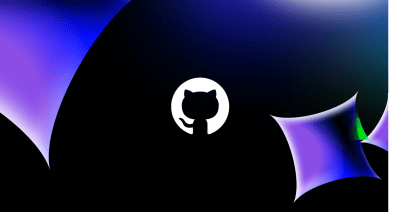
A developer’s guide to open source LLMs and generative AI
Open source generative AI projects are a great way to build new AI-powered features and apps.

Open source generative AI projects are a great way to build new AI-powered features and apps.

Learn more about how we use GitHub to build GitHub, how we turned our guiding communications principles into prescriptive practices to manage our internal communications signal-to-noise ratio, and how you can contribute to the ongoing conversation.

Recently, we’ve been working to make our CI experience better by leveraging the newly released GitHub feature, Actions larger runners, to run our CI.

Get a sneak peek into the must-attend sessions, speakers, workshops, and GitHub certifications available at our global developer event.

In this step-by-step tutorial, we’ll dive into how you can become the next open source contributor to the GitHub Classroom CLI, building commands that you can use to improve your workflow as an educator!
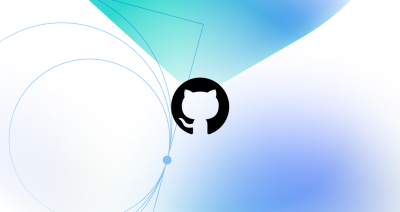
GitHub Advanced Security for Azure DevOps is now generally available. Enable secret scanning, dependency scanning, and code scanning on your organization directly in Azure DevOps configuration settings.

Learn how GitHub’s CodeQL leveraged AI modeling and multi-repository variant analysis to discover a new CVE in Gradle.
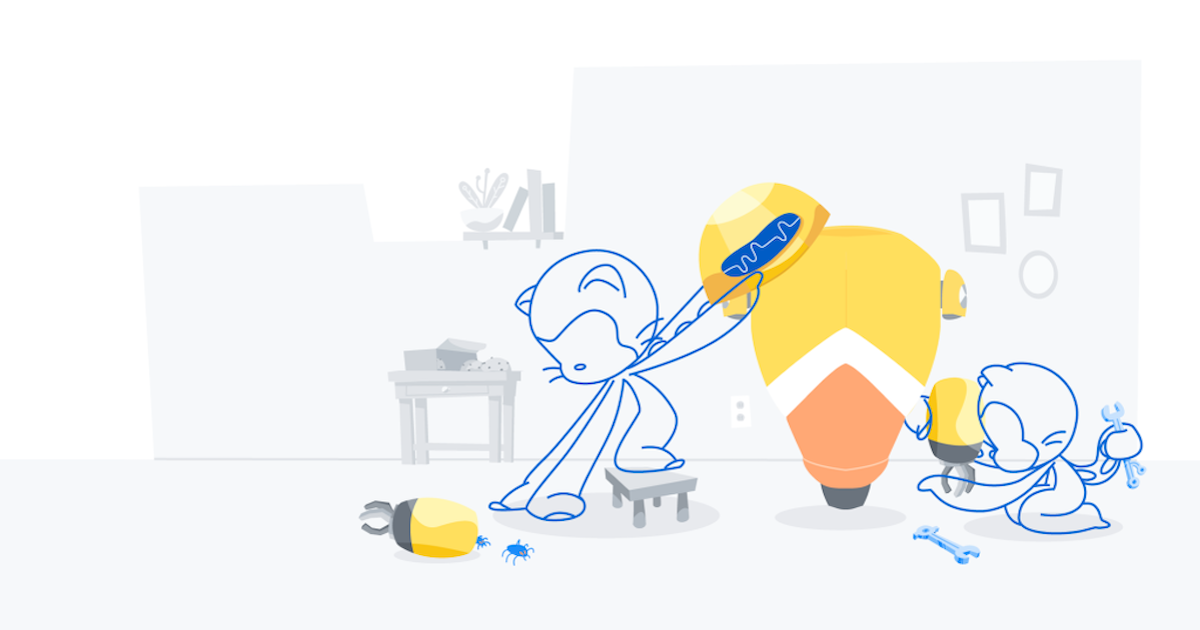
Building on the Public Beta of organization archiving, we’re excited to announce that organization archiving is now generally available. You can now archive all repositories in an organization with a…

Rust continues to top the charts as the most admired and desired language by developers, and in this post, we dive a little deeper into how (and why) Rust is stealing the hearts of developers around the world.

Game Bytes is our monthly series taking a peek at the world of gamedev on GitHub—featuring game engine updates, game jam details, open source games, mods, maps, and more. Game on!
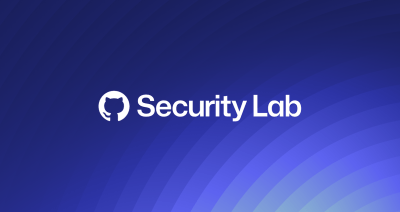
In this post, we’ll deep dive into some interesting attacks on mTLS authentication. We’ll have a look at implementation vulnerabilities and how developers can make their mTLS systems vulnerable to user impersonation, privilege escalation, and information leakages.

After the last Release Radar, I promised the next one wouldn’t be far away, so here it is. This is the low down on some of the best open source…

A new header will be sent back to API callers that use the fine-grained permission model (GitHub Apps and fine-grained PATs) to help developers discover which permissions are needed to…
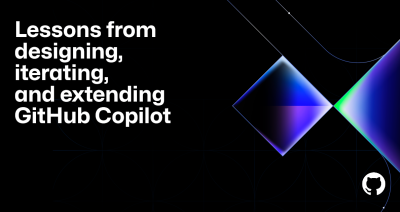
GitHub’s design experts share 10 tips and lessons for designing magical user experiences for AI applications and AI coding tools.
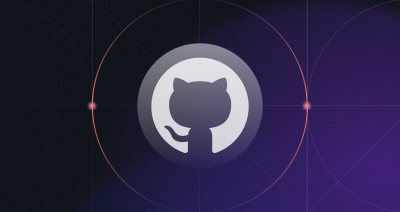
In the world of software development, collaboration can make the difference between a brittle last-minute release and a reliable, maintainable, pain-free project. Whether you’ve been coding for a day or a decade, your colleagues are there to help strengthen your work. But they can only help if you’ve given them the tools to do so.
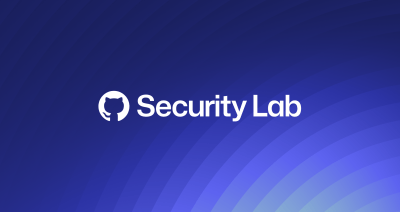
This blog post describes two security vulnerabilities in Decidim, a digital platform for citizen participation. Both vulnerabilities were addressed by the Decidim team with corresponding update releases for the supported versions in May 2023.

Game Bytes is our monthly series taking a peek at the world of gamedev on GitHub—featuring game engine updates, game jam details, open source games, mods, maps, and more. Game on!

You now have the option to select either the “Extended” or “Default” query suite when setting up code scanning with default setup for eligible repositories within your organization. Code scanning’s…

All GitHub Copilot for Business users now have access to a limited GitHub Copilot Chat beta, bringing the power of conversational coding right to the IDE.

As a design organization, we have the opportunity to make a significant impact on designing the platform for all developers. How does the emergence of creative AI impact our work? How can we achieve an inclusive experience for a spectrum of all abilities? What does designing for developer happiness look like?

Prompt engineering is the art of communicating with a generative AI model. In this article, we’ll cover how we approach prompt engineering at GitHub, and how you can use it to build your own LLM-based application.
Build what’s next on GitHub, the place for anyone from anywhere to build anything.
Catch up on the GitHub podcast, a show dedicated to the topics, trends, stories and culture in and around the open source developer community on GitHub.